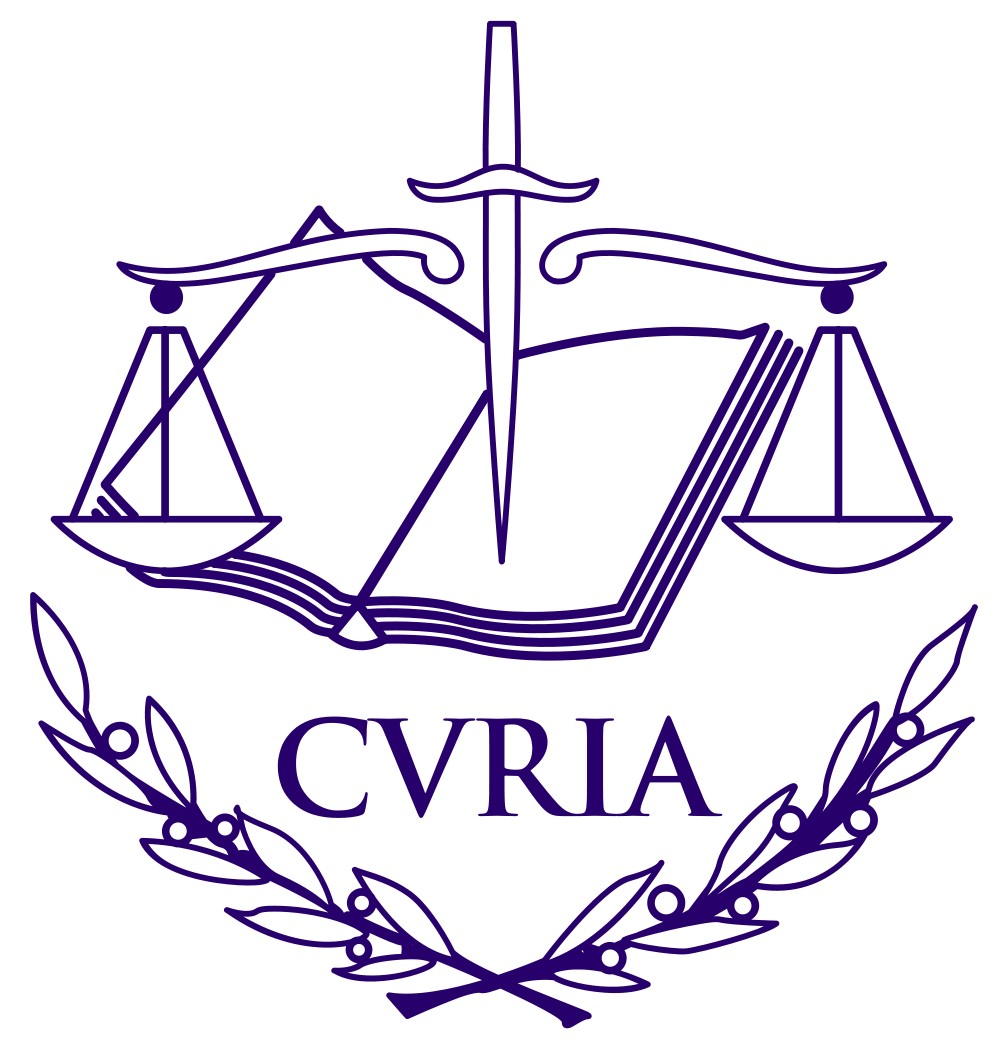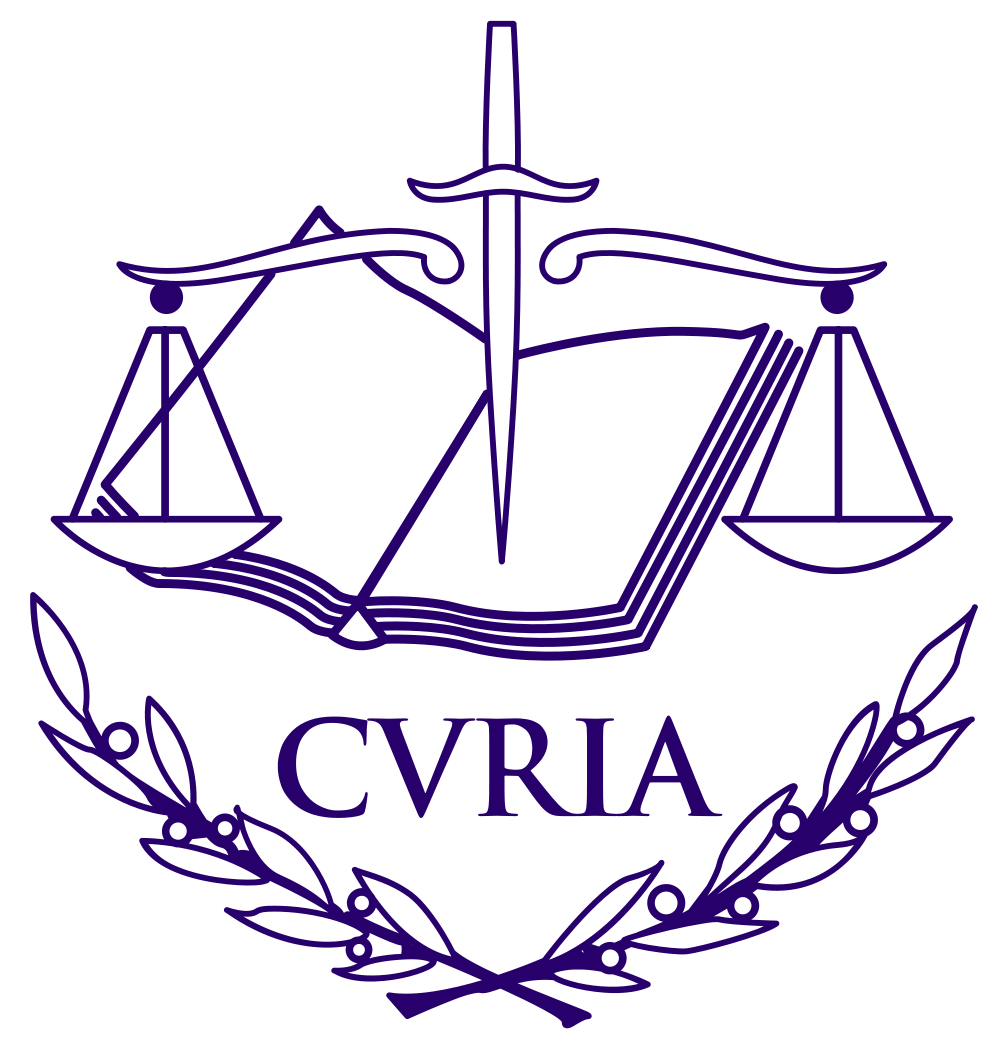
News Analysis: UsedSoft Vs Oracle Ruling Opens Up Monopolistic Practices By Software Vendors



Used Software Pioneers Gain A Small Victory In A Shrinking On-Premises Software World
The surprise July 3rd, 2012 judgment by the Court of Justice of the European Union for UsedSoft GmbH v Oracle International Corp rules that "An author of software cannot oppose the resale of his 'used' licenses allowing the use of his programs downloaded from the internet".
"The Court of Justice interprets EU law to make sure it is applied in the same way in all EU countries. It also settles legal disputes between EU governments and EU institutions. Individuals, companies or organisations can also bring cases before the Court if they feel their rights have been infringed by an EU institution."
The recent ruling on the rights of used software mirrors other rulings in cases such as SusenSoftware v SAP and UsedSoft v Microsoft. Analysis of the ruling shows that:
- Exhaustion Rule is now the rule of the land. While the German Federal Court of Justice (BGH) on July 6th, 2000 upheld this legal foundation, many vendors have continued to challenge the case. In this instance the BGH sent the case to the Court of Justice to interpret the UsedSoft v Oracle International Corp case. The court deliberated and finally ruled that "The exclusive right of distribution of a copy of a computer program covered by such a license is exhausted on its first sale".
Point of View (POV): UsedSoft's primary business model is to market licenses acquired from Oracle customers. After acquiring rights to the license, UsedSoft's customers who do not possess the software download the licenses directly from Oracle's website. Applied to the “Exhaustion Rule”, this means that the developer’s copyright exclusive right of distribution expires at the time of sale. In summary, a developer can only make money on the initial sale and any attempt to restrict trade of used software through specific trade terms conflicts with the exhaustion rule.
- Exhaustion Rule applies to physical and downloaded software. This applies to any on-premises software purchase in person and on-line anywhere in the territory of a Member state of the EU. The ruling states that "the principle of exhaustion of the distirbution right applies not only where the copyright holder markets copies of his software on a material medium (CD-ROM or DVD), but also where he distributes them by means of downloads from his website."
Point of View (POV): Oracle's main argument in the case that the directive does not apply to licenses downloaded from the internet is struck down. As the highest court in the EU, this ruling is the final ruling. Downloaded or bought in physical form, exhaustion rule applies to all software including both enterprise, personal, and games. New acquirer of the licenses can download it directly from the vendor's site.
- Software publishers can no longer oppose the resale of the copy of software. The court clarified two points on resales of copies of software. The first, "Where the copyright holder makes available to his customer a copy- tangible or intangible - and at the same time concludes, in return form payment of a fee, a license agreement granting the customer the right to use that copy for an unlimited period, that right holder sells the copy to the customer and thus exhausts his exclusive distribution right." The second, "Such a transaction involves a transfer of the right of ownership of the copy. Therefore, even if the license agreement prohibits a further transfer, the right holder can no longer oppose the resale of that copy"
Point of View (POV): The clarifications on the resale of the copy of software have huge ramifications. Based on the ruling, "the distribution right extends to the copy of the computer program sold as corrected and updated by the copyright holder". Users basically have rights to all updates at the time of the sale and this latest version can be sold to the secondary market. Users who fail to download updates have rights to resell those alterations to the next customer. The subsequent customer would not have such rights.
- Software licenses can not be divided in the resale and be reused. The ruling clarifies ownership provisions upon reselling. "If the license acquired by the first acquirer relates to a greater number of users than he needs, that acquires is not authorised by the effect of the exhaustion of the distribution right to divide the license and resell only part of it". "An original acquirer of a tangible or intangible copy of a computer program for which the copyright holder's right of distribution is exhausted must make the copy downloaded onto his own computer at the time of resale"
Point of View (POV): The court wisely upholds copyright law by requiring the seller to remove the property from their possession prior to resell. However, the inability to divide licenses means that users will have to be careful about the number of licenses they purchase upfront or purchase with separate contracts to allow for the resell of licenses in the future.
The Bottom Line For Buyers: In the EU You Own Your Software Free And Clear of Vendor Encumbrances
Prior to this ruling, customers could resell hardware to a secondary market but not their software. This inefficiency and inconsistency in the law has led to billions dollars of wasted expense by organizations around the world, perplexing buyers for decades. Pioneering efforts by SusenSoft and UsedSoft should be applauded by customers for fighting the legal battles to reinforce their rights.
Other efforts by Rimini Street and now Spinnaker to free up the third party maintenance market should be supported by the software users around the world and the European Union. As with reselling software, the anti-competitive practices of software vendors to limit access to third party maintenance is as heinous as limiting the ability to resell used software. This practice is akin to only being able to service one's Toyota at the Toyota dealer.
One major concern for users - the cloud presents the next big lock-in. Why? Users do not own their licenses. This ruling may lead to all software publishers to deliver software via access in the cloud. In effect, no on-premises software would ever be sold again and users could only rent their software. This unforeseen ramification could prove even more costly as vendor lock-in will increase unless cloud users are granted protections in the market.
Kudos go out to the Court of Justice of the European Union for continuing to protect both the consumer's software rights and in general the individual's privacy rights. The only complaint, the inability to divide licenses in a resell. Buyers should learn to buy in separate contracts and refuse bundling to preserve their resell options. Users around the world should push for similar provisions in the World Trade Organization as well as the US Department of Justice.
The Bottom Line For Software Publishers: The US Will Be The Next Battleground
Software publishers should take note that anti-competitive practices are no longer tolerated in the EU. This ruling will require new strategies covering multiple areas of the software distribution process:
- Appstores must account for new license rules. Software publishers will need to track ownership before and after exhaustion with each download. Companies such as Flexera and Avangate stand to benefit as their software can ensure that the necessarily updates and alterations will be delivered upon exhaustion.
- Wholesalers business models disintermediated. The business models of Arrow, Avnet, CDW, Ingram Micro must radically change. While the cloud put large pressures on the business, each distributor will have to rethink what part of the reseller market they intend to participate in and what services will they have to focus on to make it into the next transition.
- Software publishers will move entirely into the cloud in the EU. Faced with the exhaustion rule, on-premises distribution will seek to be profitable for many vendors. Expect most vendors to move purely to cloud delivery and the rental model in the next 18 to 24 months. Most vendors will lobby for protections in the US Department of Justice and the FTC to avoid the EU debacle.
Expect users and other rights groups to free the US market from the same practices. In the meantime, savvy users will purchase their software in the EU so that their organizations can benefit from these new consumer protections.
Your POV.
Let us know your experiences with UsedSoft or SusenSoft. Add your comments to the blog or reach me via email: R (at) ConstellationRG (dot) com or R (at) SoftwareInsider (dot) com.
Let Us Help You.
Need help with your software contract or working out the rationale for used software or third party maintenance? Put the power of experience with over 1200 software contract negotiations to work. Contact us throughout the vendor selection or negotiation process. We can help with a quick contract review or even the complete vendor selection. We provide fix-fee and gain sharing arrangements.
Related Constellation Research
Scavo, Frank & Wang, R. “Big Idea: Constellation’s Business Value Framework.” Constellation Research, Inc. January 31, 2012.
Wang, R. “Best Practices – Three Simple Software Maintenance Strategies That Can Save You Millions” Constellation Research, Inc. March 7, 2012
Wang, R. “Best Practices: Why Every CIO Should Consider Third-Party Maintenance.” Constellation Research, Inc. August 7, 2012.
Wang, R. “Market Overview: The Market For SAP Optimization Options.” Constellation Research, Inc. May 11, 2011.
Wang, R. “Best Practices: The Case for Two-Tier ERP Deployments.” Constellation Research, Inc. February 28, 2011.
Related Resources And Links
20090612, Channel Partner, “Used software – SAP suffers defeat”
20090612 Channel Partner, “UsedSoft obtains a provisional order against Microsoft”
20080602 Federal Judge Approves eBay Auction of Copyrighted Autodesk AutoCAD Design Software”
20120318 Research Summary: Best Practices – Three Simple Software Maintenance Strategies That Can Save You Millions
20100419 Tuesday’s Tip: Dealing With Pesky Software Licensing Audits
20090714 Research Summary: An Enterprise Software Licensee’s Bill of Rights, V2
20101214 Tuesday’s Tip: Dealing With Vendor Offers To Cancel Shelfware And Replace With New Licenses
20100308 Monday’s Musings: Decoupling Support From Maintenance – What Apps Vendors Can Learn From Microsoft Dynamics
20100222 Monday’s Musings: Why Users Should Preserve Their Third Party Maintenance Rights
20100104 News Analysis: SAP Revives Two-Tier Maintenance Options
20090210 Tuesday’s Tip: Software Licensing and Pricing – Do Not Give Away Your Third Party Maintenance And Access Rights
20090709 Tuesday’s Tip: Do Not Bundle Your Support and Maintenance Contracts!
20091222 Tuesday’s Tip: 10 Cloud And SaaS Apps Strategies For 2010
20091208 Tuesday’s Tip: 2010 Apps Strategies Should Start With Business Value
20091102 Best Practices: Lessons Learned In What SMB’s Want From Their ERP Provider
20091006 Tuesday’s Tip: Why Free Software Ain’t Really Free
20090504 News Analysis: Oracle Waives Fees On Extended Support Offerings
20080909 Trends: What Customers Want From Maintenance And Support
20080215 Software Licensing and Pricing: Stop the Anti-Competitive Maintenance Fee Madness
20090405 Monday’s Musings: Total Account Value, True Cost of Ownership, And Software Vendor Business Models
20090324 Tuesday’s Tips: Five Simple Steps To Reduce Your Software Maintenance Costs
20090223 Monday’s Musings: Five Programs Some Vendors Have Implemented To Help Clients In An Economic Recession
20091012 Research Report: Customer Bill of Rights – Software-as-a Service
20090910 Tuesday’s Tip: Note To Self – Start Renegotiating Your Q4 Software Maintenance Contracts Now!
20090721 Tuesday’s Tip: 3 Approaches To Return Shelfware
20090127 Tuesday’s Tip: Software Licensing and Pricing – Now’s The Time To Remove “Gag Rule” Clauses In Your Software Contracts
Reprints
Reprints can be purchased through Constellation Research, Inc. To request official reprints in PDF format, please contact Sales .
Disclosure
Although we work closely with many mega software vendors, we want you to trust us. For the full disclosure policy, stay tuned for the full client list on the Constellation Research website.
* Not responsible for any factual errors or omissions. However, happy to correct any errors upon email receipt.
Copyright © 2001 – 2012 R Wang and Insider Associates, LLC All rights reserved.
Contact the Sales team to purchase this report on a a la carte basis or join the Constellation Customer Experience!
 R "Ray" Wang
R "Ray" Wang R "Ray" Wang
R "Ray" Wang